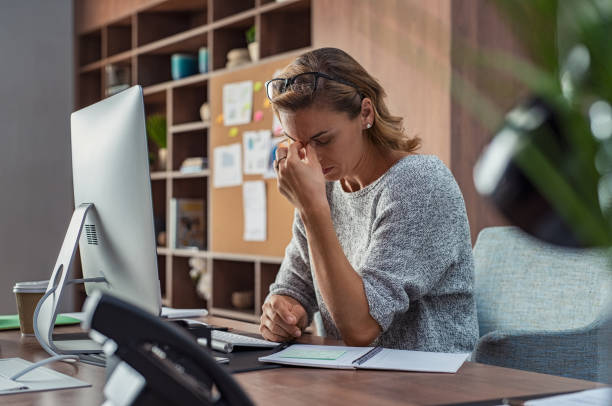Anxiety is a natural response as a result of stress and is one of the most common human experiences. When anxiety becomes chronic or overwhelming, it can have a significant effect on the quality of someone’s life. The Calm Planet wants you to explore the recognition and management of anxiety offering an insight into each prevalence and demonstrating self-help techniques, supported by statistics and data.
As a mental health clinic that is committed to promoting the well-being of our customers, our mission is to address the previous issues of anxiety with compassionate care. We recognize that there is a global issue regarding anxiety disorders that affect millions, and in a country with certain taboos, it becomes harder to seek help. We prioritize a comprehensive understanding of the anxiety of the person in pain. True evidence-based practices empower individuals to navigate and manage anxiety by fostering a supportive environment and using delete strategies to contribute to enhancing mental health and resilience within a community
The Prevalence Of Anxiety
Anxiety disorders affect a substantial amount of the global population. According to the World Health Organization, an estimated amount of 264 million [1] people suffer from anxiety disorders, globally, making it one of the most prevalent mental health conditions in the whole
world.
Anxiety can be caused by a combination of genetic, biological, psychological, and environmental reasons. Trauma, family, history of anxiety disorder, or stressful life. Events can increase vulnerability and put you in the line for anxiety disorders. Neurochemical imbalances, and disruptions in brain circuits that regulate free, and stress responses can contribute to the development of anxiety disorder
The first step to solving anxiety has to be to recognize when someone is suffering from anxiety. Recognizing anxiety is crucial for timely intervention. Common symptoms include excessive worrying, restlessness, irritability, muscle tension, and insomnia. Anxiety comes in many forms, such as generalized anxiety disorder, panic disorder, social disorder, and specific phobia related to trauma. Understanding the type of anxiety one has is essential for accurate solving.
Self-help Techniques For Managing Anxiety:
- Cognitive-Behavioral Therapy (CBT): CBT is a widely recognized therapeutic approach that focuses on identifying and challenging negative thoughts, patterns, and behaviors that are associated with anxiety. Numerous studies indicated that CBT is effective in reducing symptoms of anxiety.
- Mindfulness Meditation: Mindfulness meditation involves creating awareness of the present moment without judgment. These techniques, such as body scans, can help people develop mindfulness of the present, and not focus on the past or the impending future. Researchers have suggested that mindfulness techniques can lead to a significant decrease in mental health issues.
- Physical Activity: Engaging in constant exercise has been proven, beneficial for mental health. Physical activity releases endorphins, which naturally enhances the body's mood, and help reduce the amount of stress hormones.
- Healthy Lifestyle: A balanced diet with proper hydration and adequate sleep contributes to overall well-being. Foods that are nutrient rich and water intake should be sufficient. Sleeping at least eight hours at night is important as it helps regulate mood and manage stress. A strong connection has been proven between a healthy lifestyle and lower risk of developing anxiety.
- Picking up Good Habits: Picking up old habits, like journaling, or drawing, can help individuals express their thoughts and emotions, helping them gain an insight into what triggers their anxiety and patterns that are associated with the anxiety. It can be a way to self, reflect, and manage stress.
- Stopping Stimulants: Caffeine and nicotine can cause higher anxiety levels. Cutting back on the stimulants is great, as they exacerbate the symptoms of anxiety and interfere with sleep patterns.
Self-help techniques are supported by statistical evidence to rid yourself of your anxiety but you need to recognize the prevalence of the signs and causes of the anxiety. It’s important to note that the effectiveness of these self-help techniques is different depending on different individuals. Everyone should experiment with custom strategies and integrate them into a personalized routine while consulting with a professional to enhance efficiency in managing anxiety. Seeing a psychologist to ask for help is not a bad idea. A professional psychologist can help you understand your situation better and can provide you with customized solutions according to your problem and your specific lifestyle. This can help you take steps to address mental health issues leading a successful life and growth at your work.

